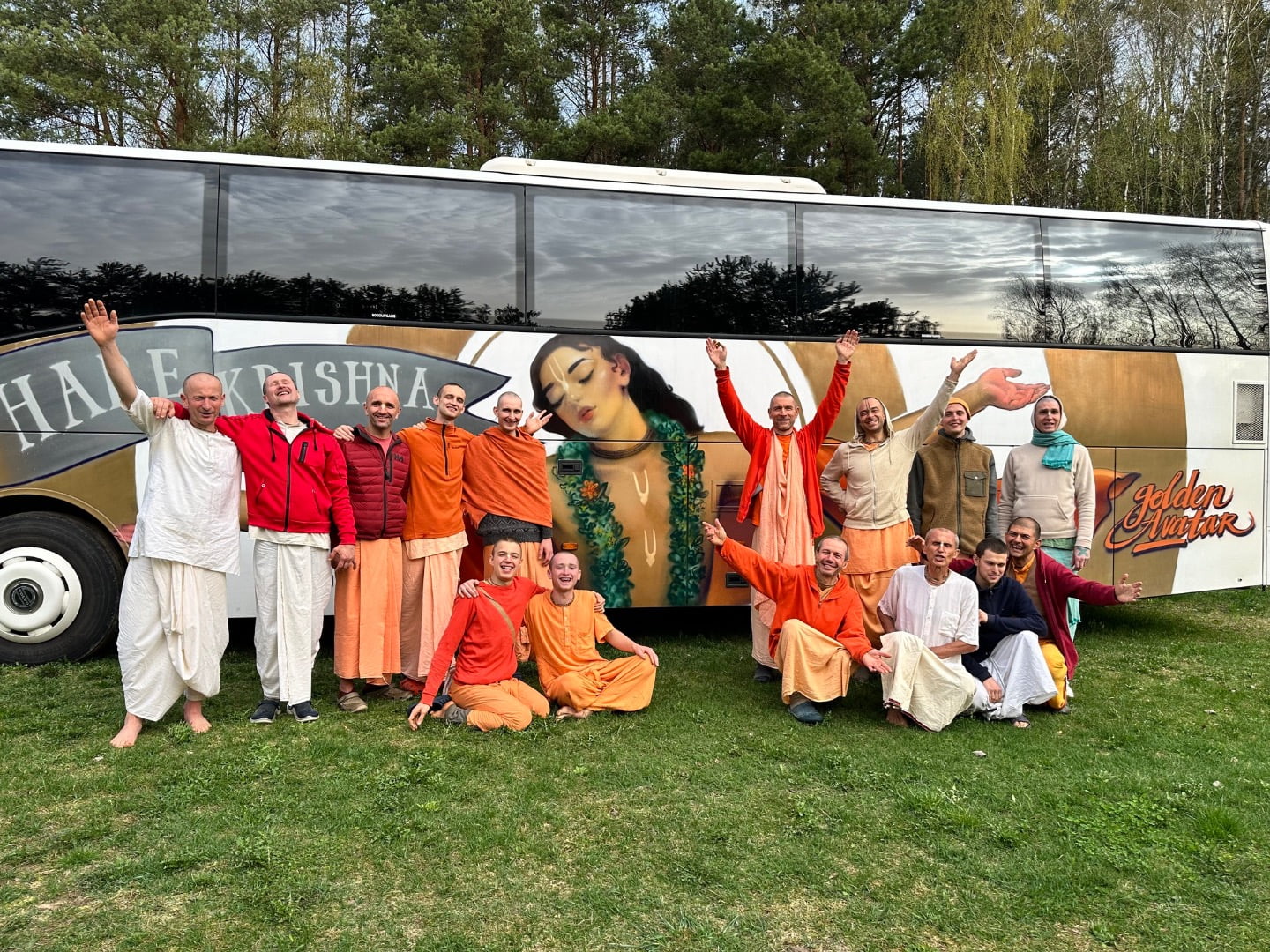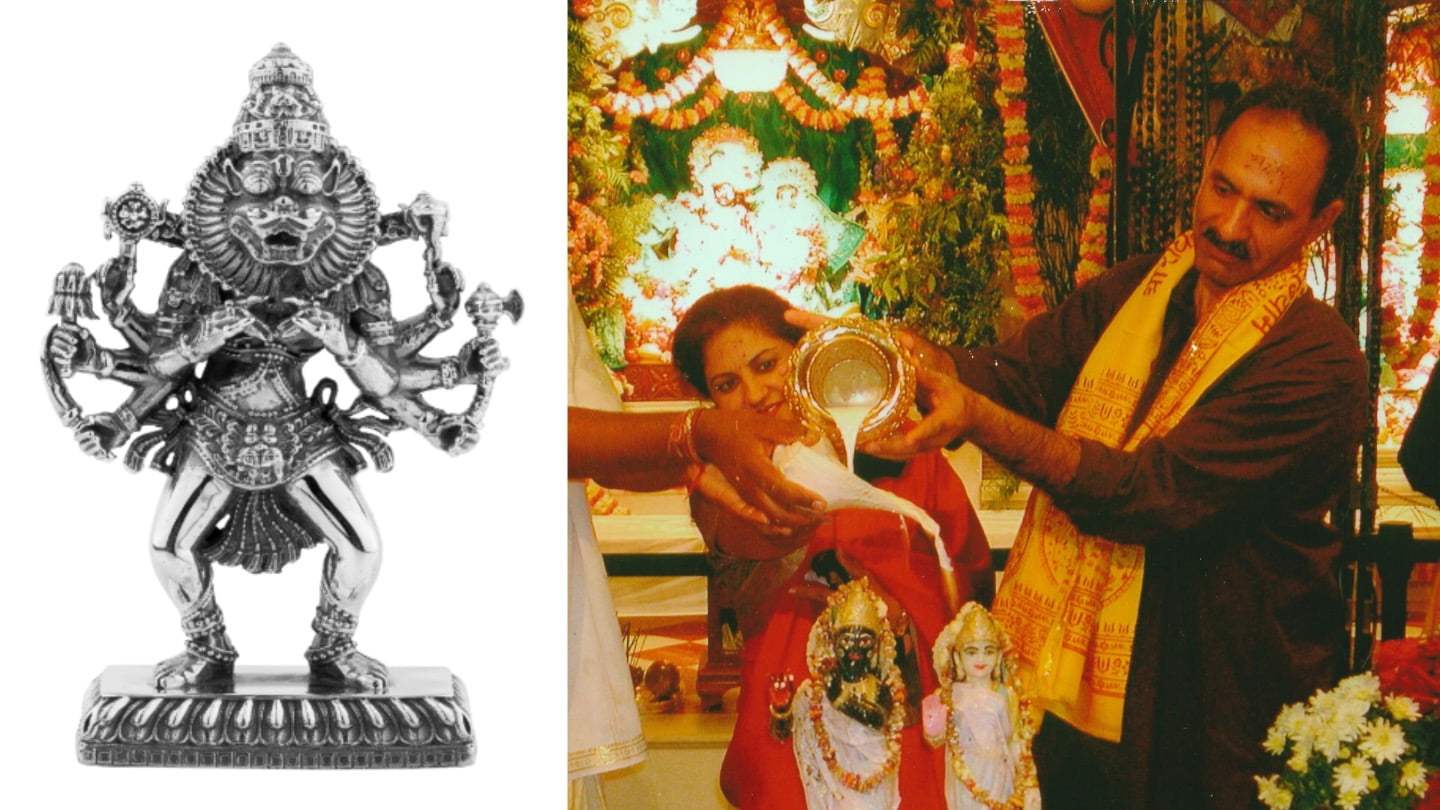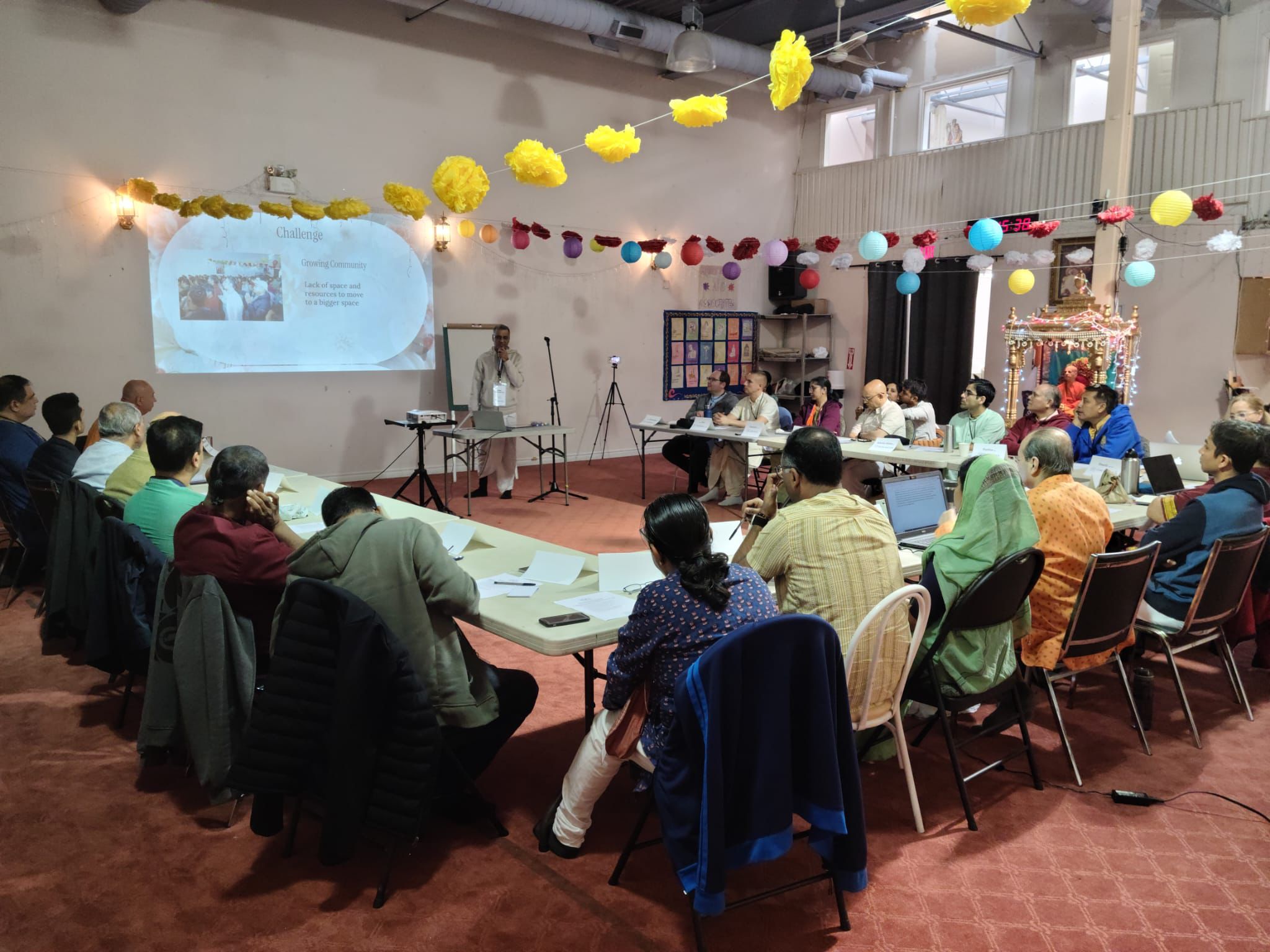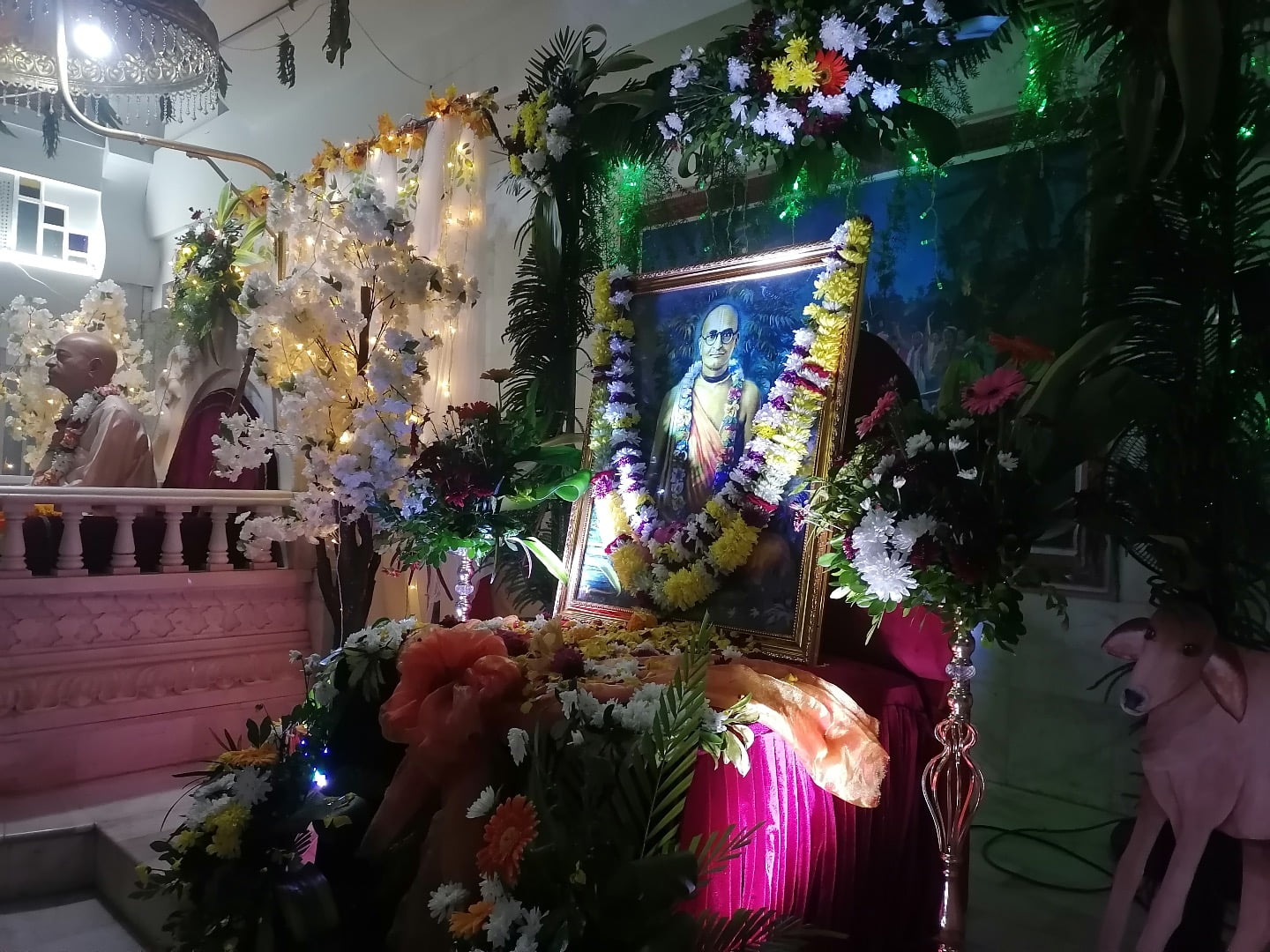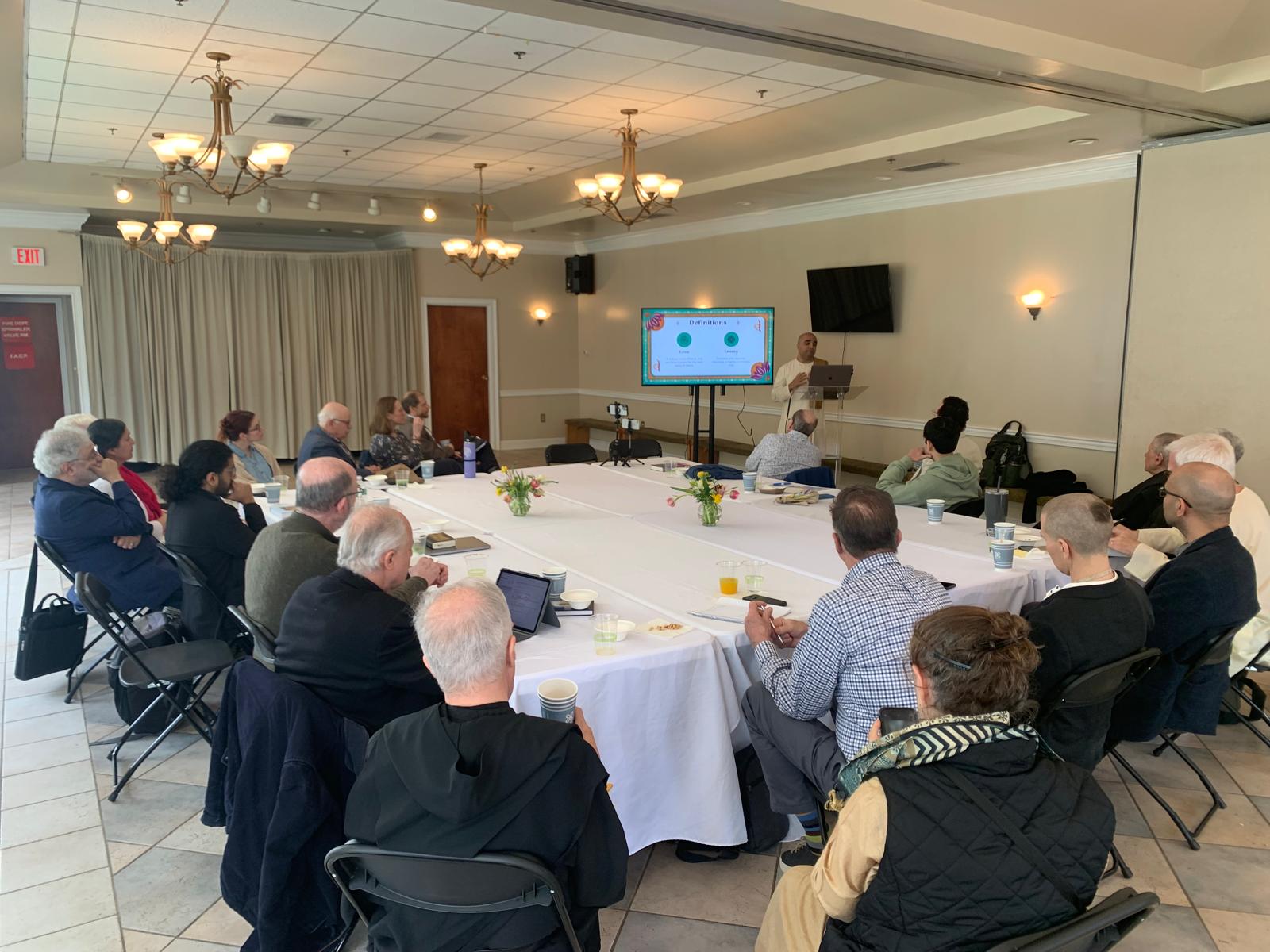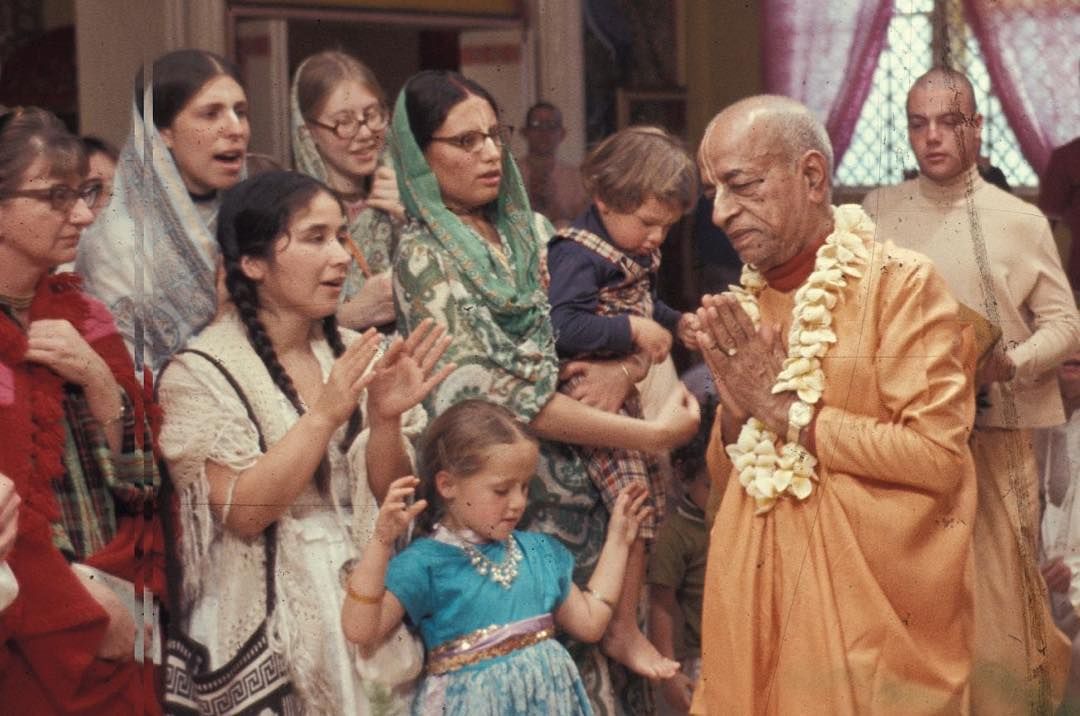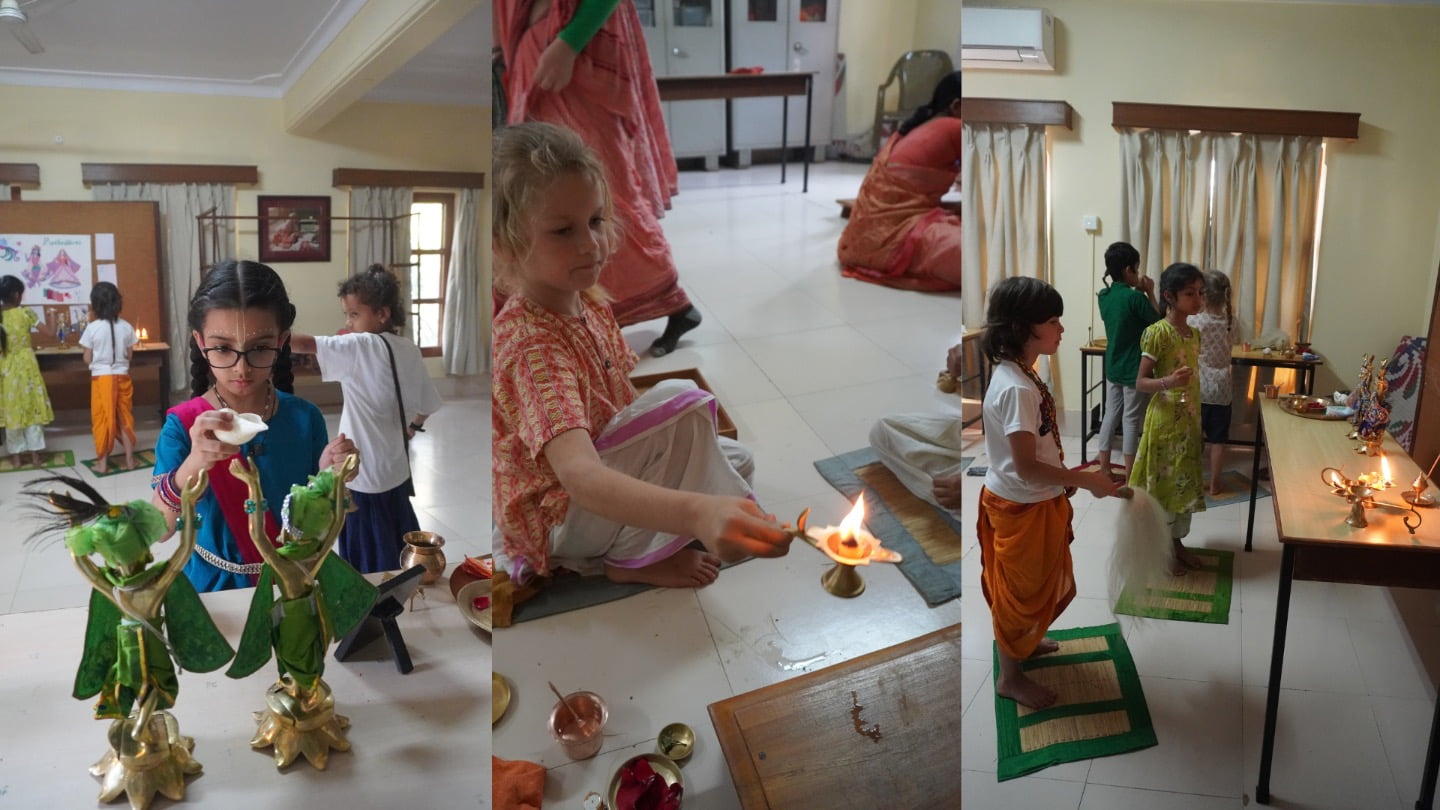The Answer Lies in our Hands
By Krishna Dharma Das | Ноя 07, 2020
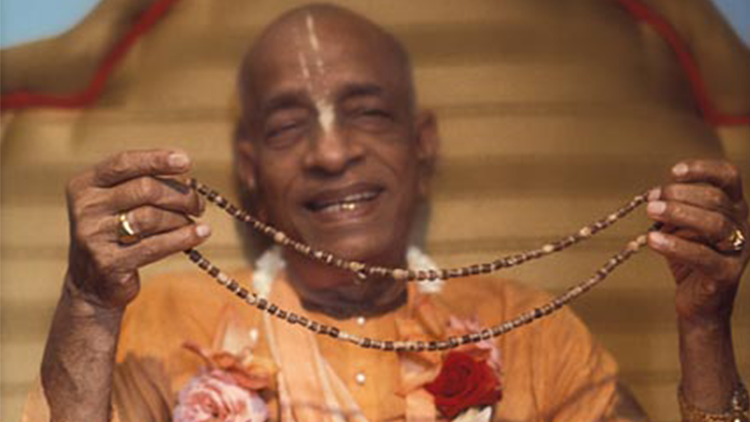
What if there was one simple solution for all your problems? Something so easy that even a child could do it? Something which costs nothing, is available to everyone and ultimately ends all suffering?
Well, before you decide to follow the standard dictum that if it sounds too good to be true then it most likely is, ask yourself a couple of questions. Firstly, do you know who you really are? I don’t mean a man, woman, black, white, John, Jill or Javed—no, I’m talking about the real you, beyond your temporary and changeable labels. If you don’t know then how can you make yourself happy? If you are trying to satisfy something that is not you then it’s no surprise that you might be finding it difficult. The spiritual teaching Bhagavad Gita therefore starts with this fundamental spiritual truth—’know thyself’—famously echoed by the Ancient Greek oracle at Delphi. The Gita describes the self as an eternal being quite distinct from its temporal covering. Throughout all bodily changes, growing from a baby to old age, the one unchanging and abiding principle is you, the person within. We are all aware of the continuity of our existence as individuals. We remember our childhood and know that we are still the same person. With a little careful thought we can realise that we are merely observing the changes around us, including those of our own body, but we are not changing.
The next question is how did I end up in this condition of misery, stuck in a body and forced to accept pain and death? And this is where we approach our solution. Ending suffering requires that we find out and negate its original cause. Here again the Gita offers guidance. After establishing that we are undying spiritual beings, it describes how we are parts of a much greater whole, a supreme spirit. Somehow, we have forgotten this truth and think that we are independent, even though we are obliged to accept so many unwanted impositions outside of our control. But, says the Gita, this is not our natural state. This too we can ascertain with just a little thought. Why are we constantly endeavouring for happiness, for peace and tranquillity? Surely that must be our natural condition. Like a fish out of water, which flaps around trying to get back in, we too are striving to return to our natural position of unending joy. The Gita makes it clear that we are not meant to suffer.
We have simply forgotten who we really are. Like a rich man’s son with amnesia who needlessly wanders around in poverty, we are forgetting the great treasure of happiness that is ours by right when we reconnect with the Supreme. How exactly we ended up in this state is perhaps mystifying, but according to the Buddha it is pointless asking that question right now. He said that if you are struck by an arrow the first thing to do is remove it, not run around trying to find out who fired it. First save yourself. Then you can find the answers. In any event, we can see the problem we face. Thinking we are the material body, we rush about in a vain attempt to secure bodily comfort and happiness. This has dire consequences. The Gita explains that as long as we strive for material happiness we remain bound up in the body, obliged to accept material misery. You can’t have one without the other. And here we come to the very crux of the problem. We are pleasure seeking by nature, meant to be always happy, so how can we give up the endeavour to satisfy our bodily senses if it is the only enjoyment we know?
The Gita helps us by pointing out the illusory nature of worldly happiness. As pure spiritual beings we have nothing to do with this material world. We are like persons suffering and enjoying a dream, while all the time lying asleep in bed. Although experiencing feelings in relation to the dream, those experiences are unreal. Similarly, falsely identifying with our material body, we think that bodily experiences are happening to us, but they are not. We are not material beings.
The author C.S.Lewis said that the proof we are not of this world is that nothing in this world can ever satisfy us. This is true. We must always seek newer and newer bodily pleasures. The answer then must be to find that pleasure which does satisfy us, which means it must be spiritual, just like us. Which brings us to our simple solution, reconnecting with the Supreme, who the Gita explains is a person, or in other words, God. As such, he has a name, in fact many, but not like us. Our names are temporary labels that apply only to the body we inhabit. God’s names are eternal, like him, and describe his eternal attributes. For example, he is called Krishna, which means all attractive, that is to say possessing all the qualities that attract us—beauty, power, knowledge, opulence, fame and detachment—in unlimited quantity. Connecting with him means awakening our eternal loving relationship. This is what we have forgotten, and as a result are languishing in material existence, suffering endless misery. We have only to chant his name and we immediately begin to reconnect with him. This can be done anywhere, at any time, by anyone, even a child. All it requires is the will to do so.
My spiritual teacher, Srila Prabhupada, said ‘just give it a try’. You’ve tried everything else and are still not satisfied, so see if this works. How long must we keep endeavouring for material success before we realise it’s not making us happy? George Harrison, who became Prabhupada’s student, said ‘I want to be successful, not rich and famous.’ And another star, Jim Carrey, said ‘I think everyone should get rich and famous and do everything they ever dreamed of to see that it is not the answer.’ They’re right, dream happiness is not real, and thankfully neither is dream suffering.
So give it a try and see what happens. Sril Prabhupada taught us to chant a mantra comprised of several Sanskrit names of God. It goes like this: ‘Hare Krishna Hare Krishna, Krishna Krishna Hare Hare. Hare Rama Hare Rama, Rama Rama Hare Hare.’ You’ve probably seen Prabhupada’s followers chanting it on the streets, so hopefully now you have a better idea why. It’s all about awakening from the dream into a world of unimaginable, everlasting spiritual bliss. What are you waiting for?
* * *
Krishna Dharma (for more information please visit https://www.krishnawisdom.com/)





